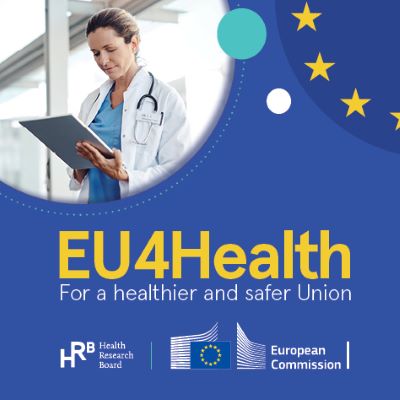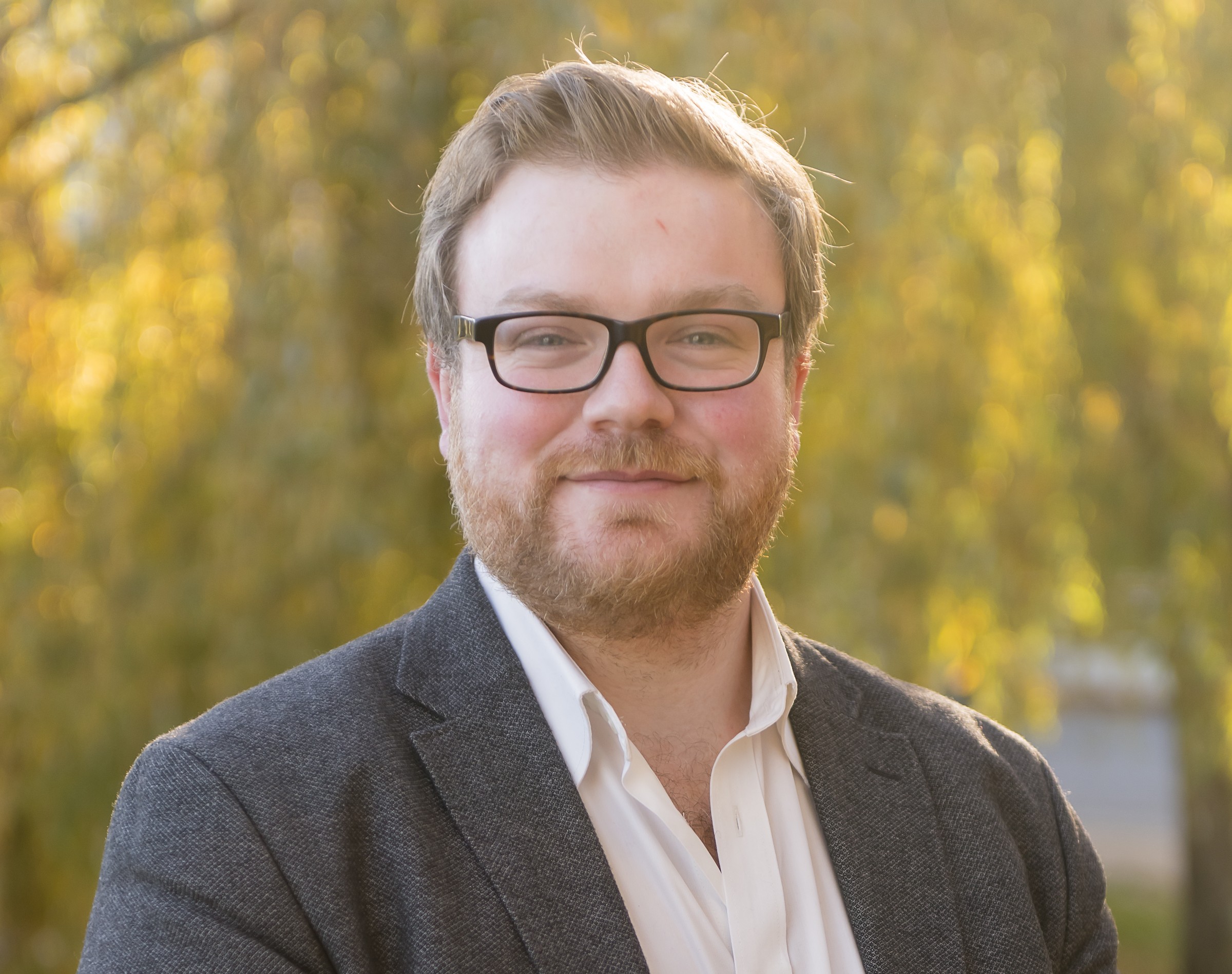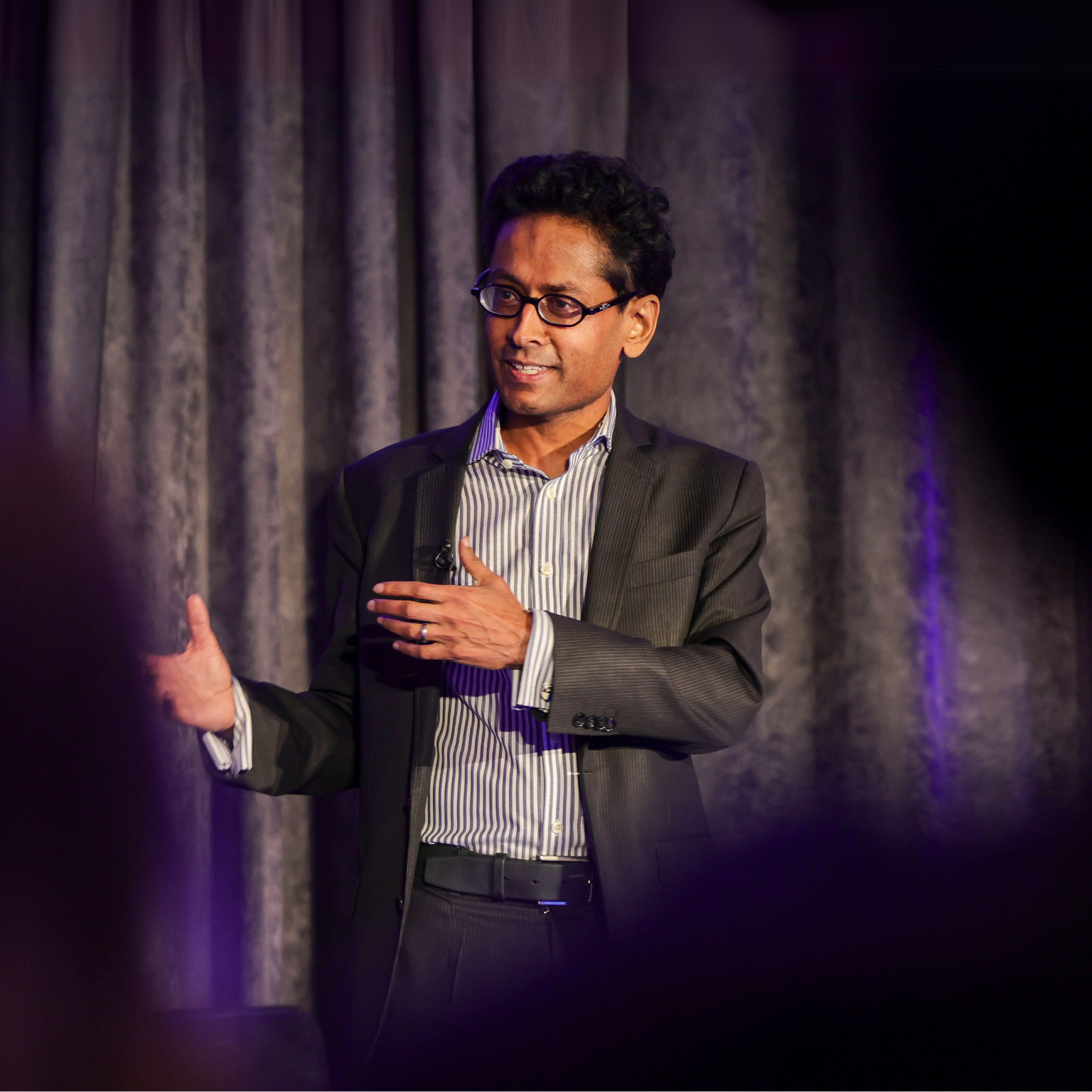EU4Health: harnessing the power of cross-border collaboration
Launched in 2021, the €5.3 billion EU4Health programme marks a whole new era in EU funding for public health, and aims to build stronger, more resilient and more accessible health systems in Europe. In this blog, Amanda Daly, Ireland’s National Focal Point (NFP) for EU4Health and Programme Manager at the Health Research Board (HRB), explains how the programme can harness the power of cross-border collaboration to put research into practice in health systems across the continent.
5 min read - 27 Oct 2022

Ask a random sample of passers-by how health research has helped fight COVID-19 – what would you expect to top the list? Vaccines, antigen tests, or new drug treatments, perhaps? These medical innovations have doubtless been crucial. Yet there is another side to delivering healthcare that can fly under our radar, but which is equally vital in crises like the pandemic. This is the public health policies and systems that help ensure vaccines don’t just sit in a warehouse, but actually make it into arms; and which ensure testing technology is not only developed, but is made widely available to the public.
European collaboration has played an important role supporting both sides of our response to the pandemic here in Ireland. In terms of medical research, EU funding of mRNA technology through longstanding programmes like Horizon 2020 and the European Research Council (ERC) helped pave the way for the ground-breaking Pfizer/BioNTech vaccine. And when it comes to public health policy, COVID-19 was a trigger for EU governments to join forces in totally new ways – from the joint procurement of vaccines to the development of the EU vaccine certificate system that helped re-open international travel.
EU4Health: a new departure in European health policy
To maximise the potential of this collaboration and extend the benefits beyond the COVID-19 pandemic, the European Commission has launched the landmark EU funding programme that is EU4Health. It aims not only to reinforce crisis preparedness across Europe, but also to address long-term health challenges in disease prevention and health promotion. With a budget of €5.3 billion over 2021-27, EU4Health marks a major ramp-up in public health spending at EU level.
The HRB is committed to helping relevant Irish organisations tap into this funding for projects across the health system. In my role as NFP for EU4Health, I am actively engaged with stakeholders in a range of areas to inform them of the opportunities available and answer questions about eligibility, the scope of the topic, or how to find partners. The potential pool of applicants goes beyond the traditional research community to span not just academia, research institutes and hospitals, but also public health and related government authorities, companies and civil society organisations like non-governmental organisations (NGO)s.
And while COVID-19 may have triggered the new programme, EU4Health is set to benefit healthcare delivery in many other areas too, including cancer, non-communicable diseases and antimicrobial resistance, to name just a few (visit our EU4Health web pages for a full overview of the current priority areas).
The i-Violin project: taking cancer research from the lab to the treatment centre
One recently funded project is i-Violin, which aims to improve oncological imaging processes to benefit cancer patients across Europe. Bringing together 10 partner organisations including Ireland’s University College Dublin (UCD), i-Violin will build on research funded under the EU’s Horizon Europe programme that developed a quality assessment tool for chest CT scans. The project team plans to take this system, adjust it for abdominal and pelvic imaging – an area where there is currently no suitable tool – and trial its use in hospitals throughout Europe. Complementing this technology pilot will be an education and training programme to foster uptake on the ground. The hope is that this work will bring the medical innovation from the lab directly into radiology units across the continent, helping harmonise and standardise oncological imaging – and ultimately improving cancer treatment.
Joining forces to achieve more
Needless to say, this kind of international collaboration has its complexities: from finding the right partners, to learning how to balance diverse healthcare systems practice cultures, to basic challenges like working through multiple languages. But if the pandemic taught us anything, it’s that health crises don’t stop at borders. European collaboration can deliver things that no one state could achieve alone – just look at the success of the COVID-19 vaccine programme. It’s not only about pooling financial resources. Cross-border health system research gives us a unique opportunity to tap into the experience of other countries. What has worked well? Where have challenges arisen? What can we learn from each other? How can we adapt success stories from other countries to our own health system?
At the HRB, we are convinced of the high value that international collaboration brings to health research in Ireland. And with EU4Health, European funding is going beyond the scientific medical research it has supported so successfully to help translate these innovations into practice.
As the pandemic made abundantly clear, while new medicines and treatments are an important part of the healthcare picture, they are only one piece of the puzzle. How these innovations reach patients and the public and how we shape models of care are equally vital factors to improve outcomes. There is so much we can learn from each other at EU level in this space, and EU4Health promises to deliver fantastic opportunities to do just that.
ENDS
If you are interested in applying for EU4Health funding, don’t hesitate to get in touch with Amanda Daly directly at Amanda.Daly@hrb.ie. Our EU4Health Information webpage also has a range of resources and useful links on all aspects of the programme.
The second wave of calls under the 2022 EU4Health work programme was launched in September and includes topics such as health determinants of cancer and other NCDs, cardiovascular diseases and diabetes prevention. Visit here for more information.
5 min read - 27 Oct 2022



